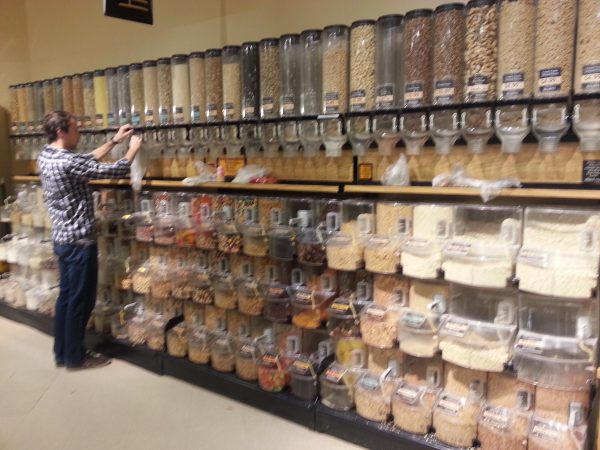Alcohol – Mixing Ethics and Pleasure
Keith Pille Imagine having a frosty tumbler of pale ale before you on a hot, humid day. Beer – what’s not to love? One of the most pleasant surprises about adopting a “greener” lifestyle is that it’s surprisingly easy to drink beer and be socially responsible about it. The same …









